the Confidence Gap
Share

Self-confidence and self-image, questions that concern us all and shape our society. Inspired by research on self-confidence in young girls in the USA, we investigated the state of self-confidence among our Belgian youngsters, with the support of the Belgian HR department of insurance company AXA.
We surveyed over 1,350 Belgian youth aged 10 to 24 on both sides of the language barrier. In our online survey we interviewed 900 girls and 450 boys as a control group (Dutch- and French-speaking). Twelve girls openly shared their stories in duo conversations, revealing patterns related to their feelings, behaviours, and age-related experiences.
Our study reveals gender differences and a significant 'confidence gap' between girls and boys. Girls tend to feel more insecure than boys do and compare themselves to others more often. The 'confidence gap' becomes apparent from the age of 15 and, as these young people grow older, it does not close.
"At the beginning of high school, when I was around 14 years old, my self-confidence was the lowest. Physically, I felt very insecure, which made me feel inferior. Perhaps this was also influenced by social media" (G – 18)
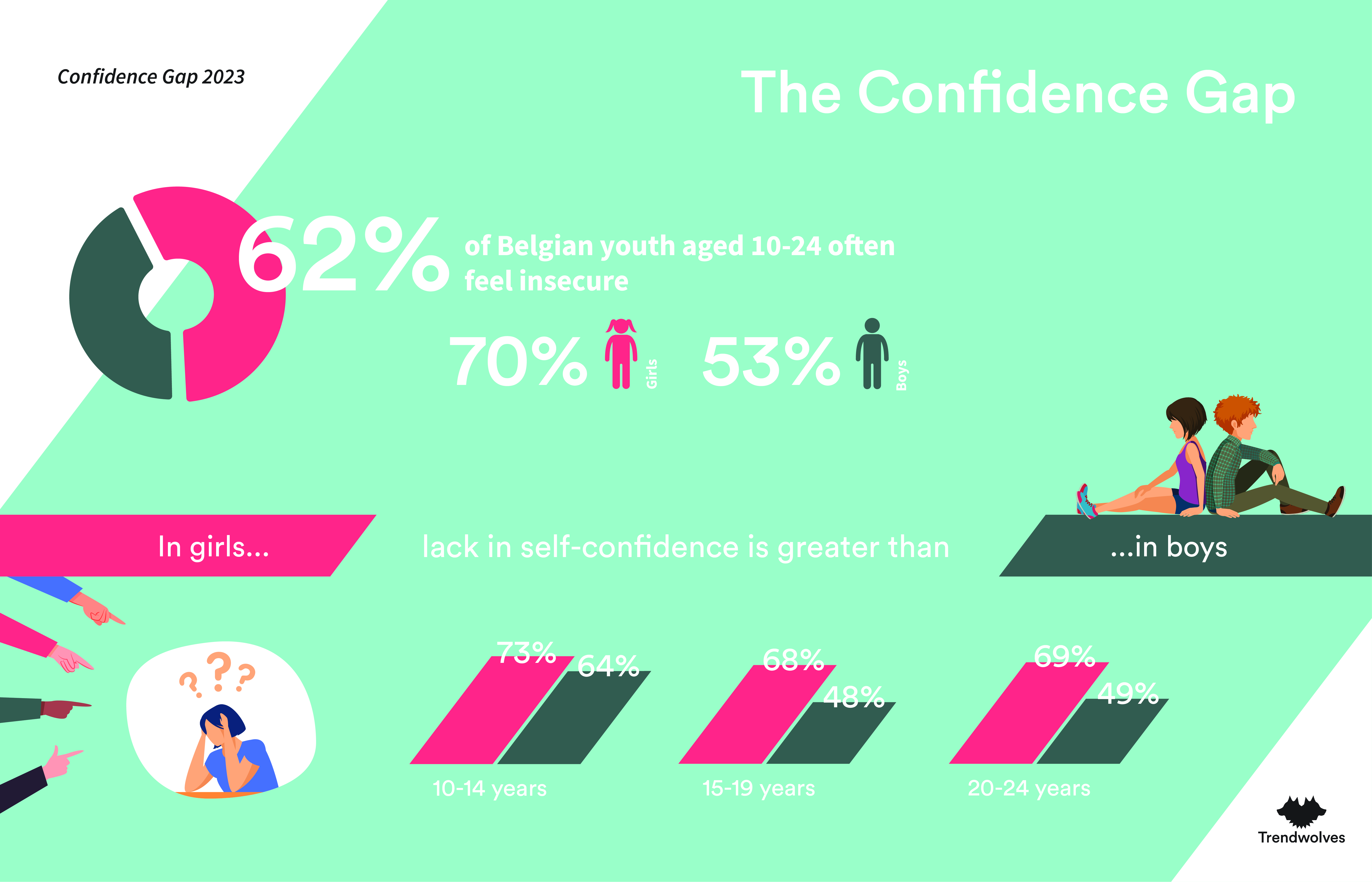
CONFIDENCE
From as early as 10 years old, the lack of self-confidence in girls is notably greater than in boys. 73% of girls in the 10-14 age group often feel insecure, compared to 64% of boys. Boys' self-confidence grows as they get older, whereas with girls, it remains fluctuating.
Across age groups, 70% of girls indicate that they often feel insecure compared to 54% of boys.
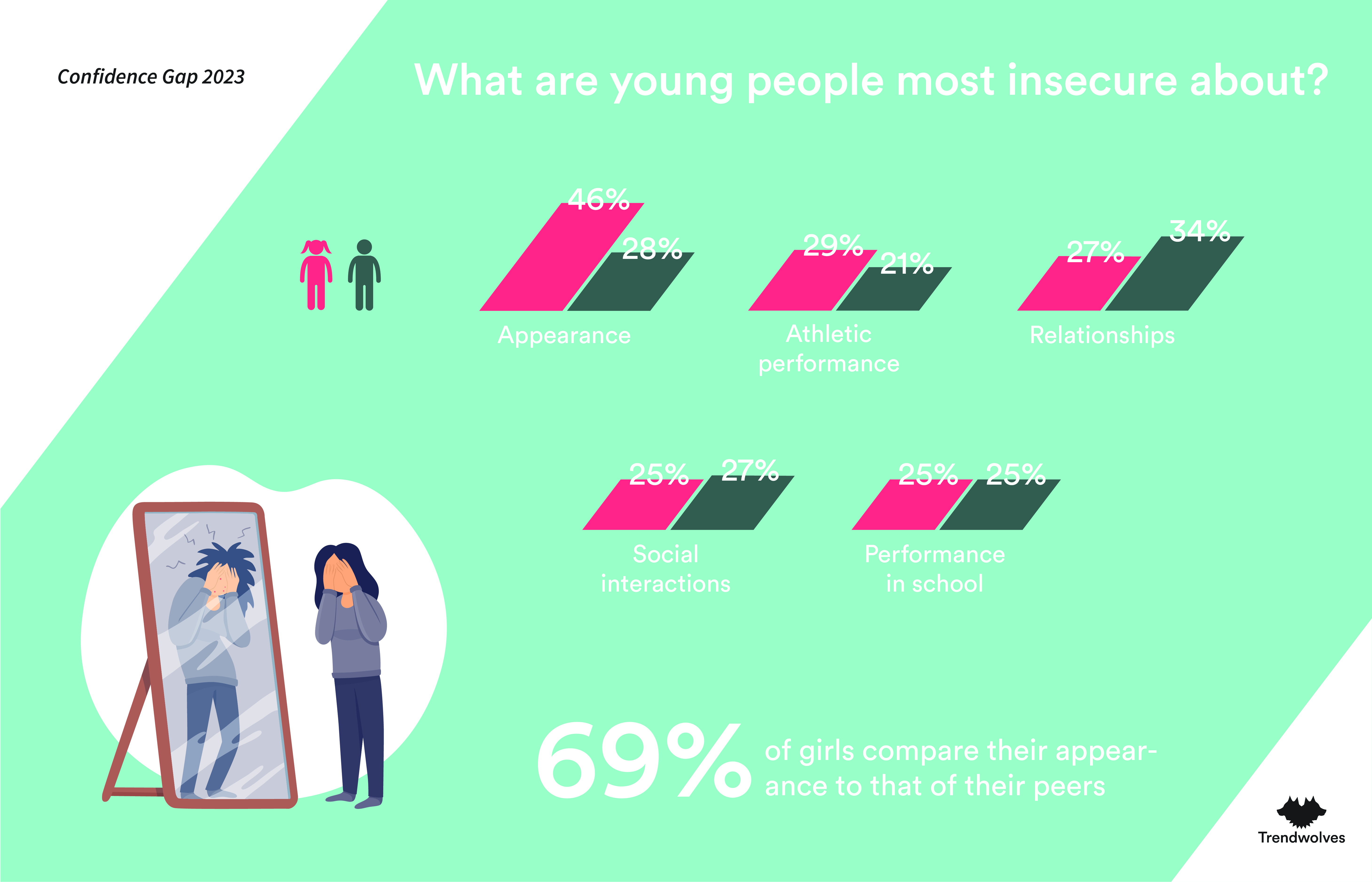
Certain societal stereotypes related to gender/self-image emerge in our research:
- Girls place more importance on appearance than boys. 46% of girls experience the least self-confidence when it comes to appearance, for boys, this is only 28%
- Boys are more focused on their athletic performance than girls and feel more comfortable in this domain. 27% of boys indicate feeling most confident about their athletic performance, while for girls, it's only 11%
When it comes to interests, girls show a significantly higher interest in fashion (27%) and social media (40%), and place more importance on friends (53%) than boys. Boys demonstrate a stronger interest in sports (54%) and technology (33% vs. 6.5% for girls). These results may help explain why boys tend to choose STEM studies and careers more frequently.
Girls and boys perceive the world very differently when it comes to comparisons. 72% of surveyed girls often compare themselves to other girls, for boys, this is only 54%. When it comes to appearance, 69% of girls compare themselves to others, whereas for boys, this is significantly less important, 42%.
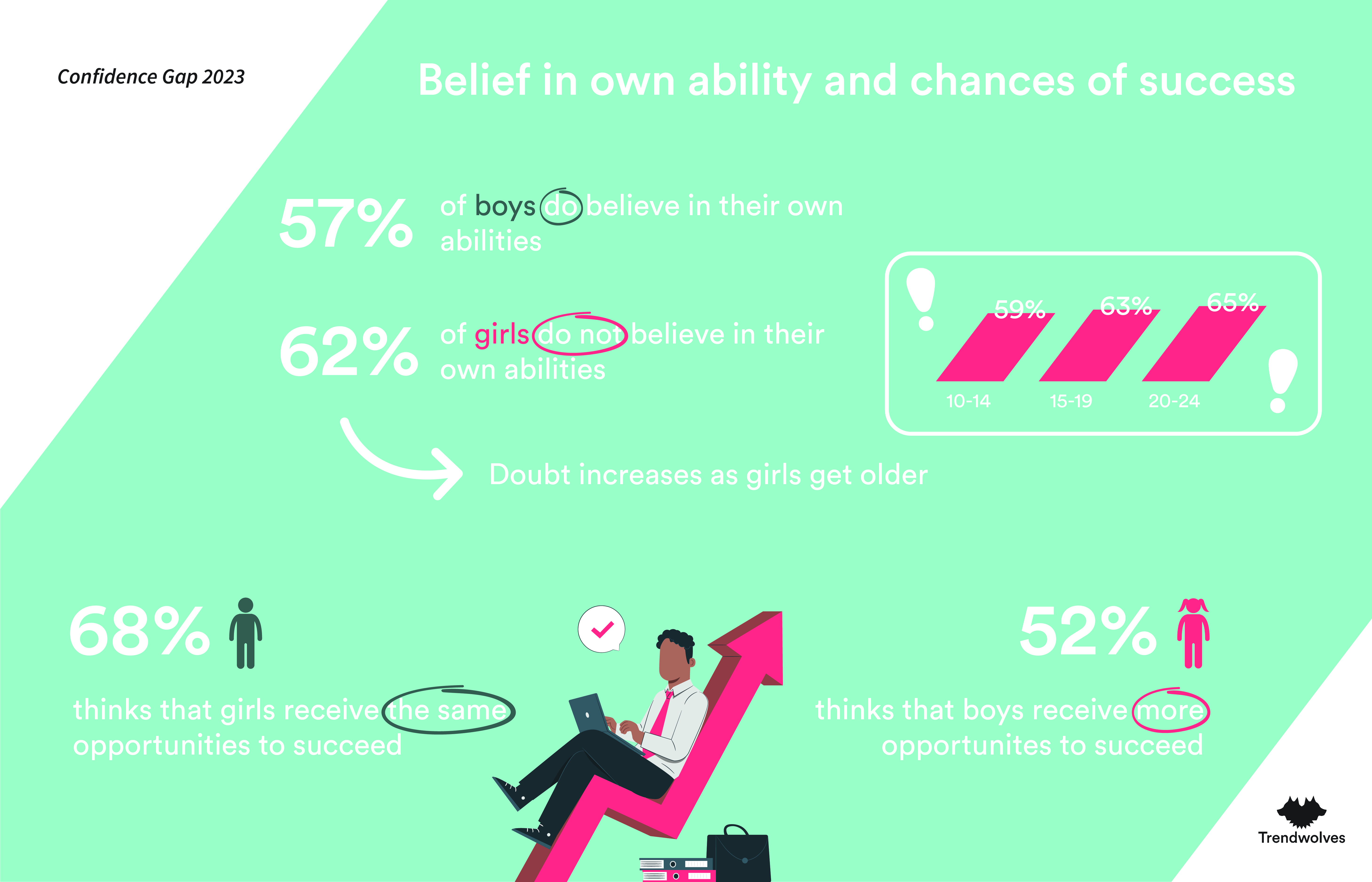
COMPARISONS
As many as 62% of surveyed girls feel insecure about their ability to do things and succeed, compared to only 43% of boys. In girls, uncertainty about their own abilities increases as they get older; 59% of girls between 10-14 years old report feeling insecure about their abilities, this number rises to 65% among girls aged 20-24.
51% of surveyed girls doubt their chances of success, whereas for boys, this is only 38%, a striking difference. Qualitative discussions linked to our research reveal that the lack of confidence regarding success peaks for girls when they experience additional performance pressure, such as during exam periods. School is mentioned as a place where girls feel the most pressure, where judgment is prevalent, and they feel less comfortable.
"School is the place where I feel the least good. I know everyone there, but feel the least comfortable. I feel like people are judging me" (V – 14)
Notably: 52% of surveyed girls believe that boys/men have more opportunities for success in our society than girls/women. However, 68% of surveyed boys believe that boys/men and girls/women have equal opportunities.
These significant differences in perception regarding gender and opportunities highlight that girls/women and boys/men experience life in our society very differently, emphasising the need for better communication.
"As a girl/woman, you always feel the pressure to perform: you have to be cool, beautiful, etc., but not too much. You have to be a bit of everything and, at the same time, never too much" (E – 22)
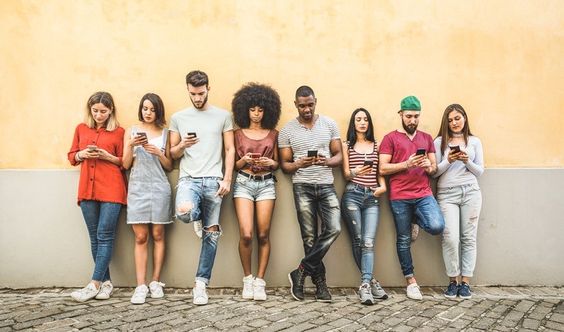
SOCIAL MEDIA
63% of surveyed girls and 61% of boys indicate that social media has a negative influence on them and their self-image.
Our in-depth duo conversations reveal that social media can be polarising. It's not all doom and gloom, social media is also often perceived positively in enhancing self-image, self-development, the feeling of not being alone, and breaking persistent societal patterns.
"Social media offers both positive and negative things; it depends on where you are in the social media balance. It can be very positive or very negative. There are significant differences between the two, substantial differences in self-image and self-confidence, depending on how social media influences you" (E – 22)
"Social media has really helped me. It opens up the world and helps us to think in a more open way. I see videos and images of women challenging stereotypes, prejudices, and societal structures in which women are confined. Influencers normalise body positivity. I notice that we all experience the same things. This gives me confidence" (E – 17)
"On social media, I compare myself more with other girls than I do in the real world. I compare myself in a toxic way with unrealistic images of unrealistic girls that do not correspond to reality" (J – 24)
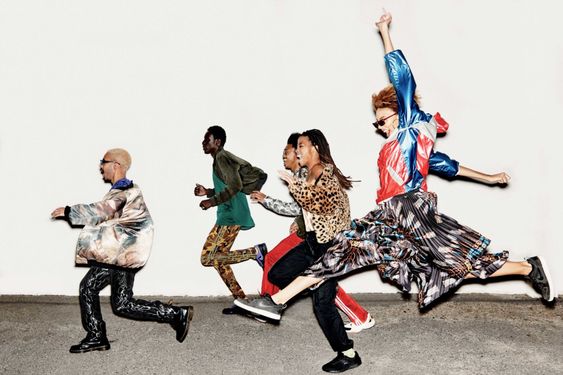
Feeling confident about oneself and developing a positive self-image must start early. Our research emphasises the importance of positive and constructive guidance for young people, especially girls, to strengthen their confidence and enable equal opportunities in the workplace and society.
"The lack of confidence among Belgian girls that we can deduce from our research has a broader societal impact and leaves its mark on the future lives of these young women, for example, in terms of choosing a study direction, self-confidence, and assertiveness in the workplace" (Maarten Leyts, Trendwolves)
“With this research, we aim to better understand the world of younger generations, particularly girls. I believe it's important that our company, through research, keeps its finger on the pulse and adjusts its HR policies to the needs of youngsters. We want to support young people in starting their (professional) lives with more confidence. Our research indicates that a safe space, being with people they trust and who make them feel accepted, is crucial for girls and young women, providing them with more confidence” (Els Jans, Chief People Officer AXA Belgium)